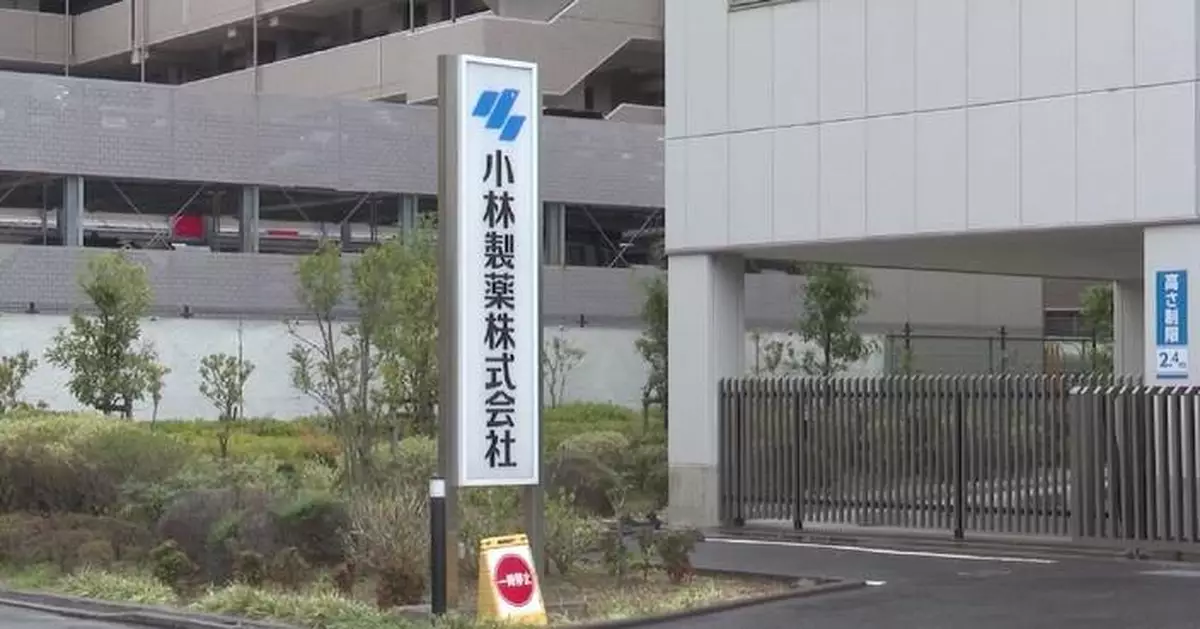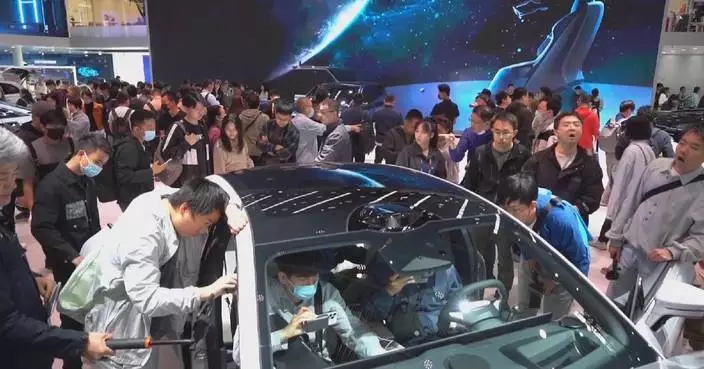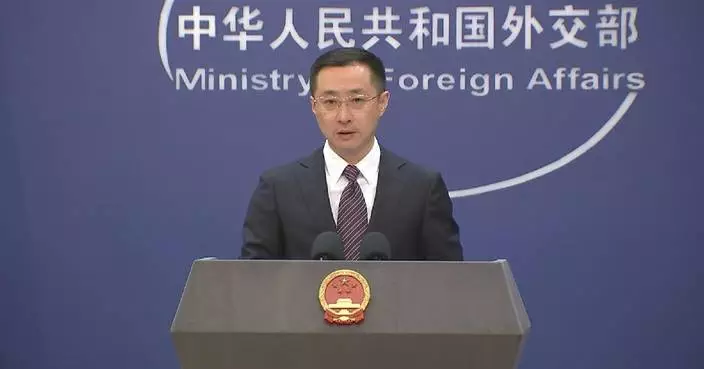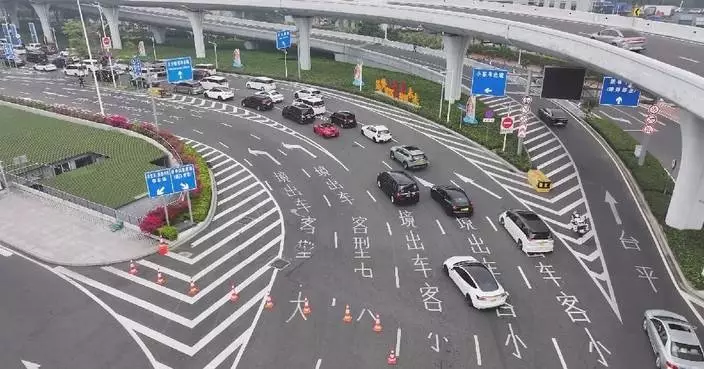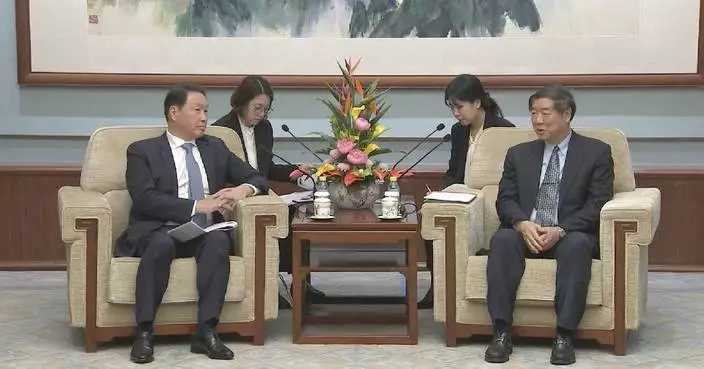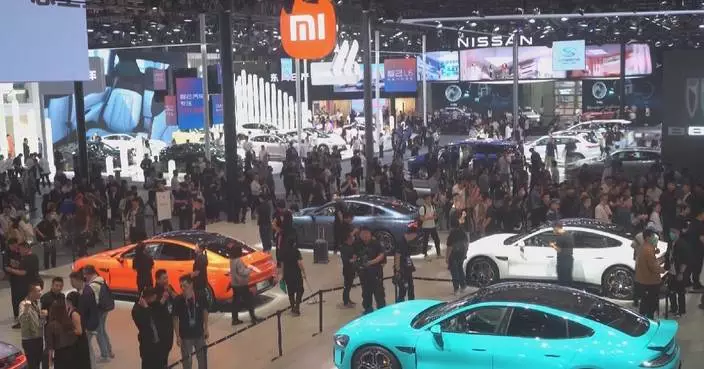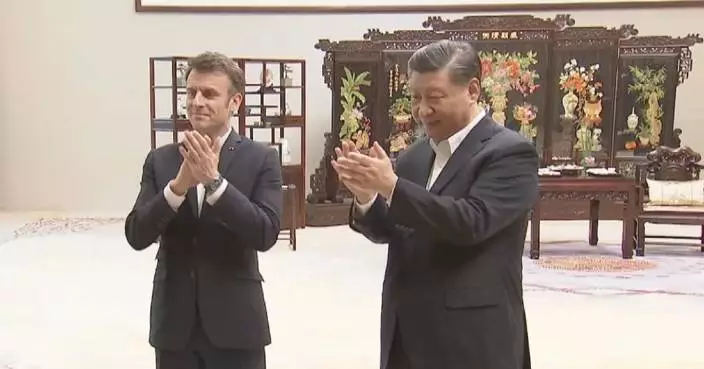The deadly distribution of a tainted food suppliment in Japan highlights the need to improve oversight on foods that make claims about health benifets, said a Japanese healthcare expert.
Last month, deaths were linked to a suppliment product called Beni-koji Choleste Help, which contains red yeast rice, or beni-koji, produced by the Japanese drug maker Kobayashi Pharmaceutical. The product has resulted in at least five deaths and 226 hospitalizations, according to the latest data released by the Ministry of Health, Labour and Welfare of Japan.
Following a product recall, the public in the country began questioning the efficacy of the "foods with function claims" system. Launched in 2015, this regulatory system allows companies to make claims about the health benifets of their food products.
The company received the first report of suspected health issues related to the consumption of health products containing red yeast rice components on Jan 15 this year. However, it was not until over two months later that they publicly disclosed the issue, recalled the products, and reported to the external directors.
Shinoda Toshio, a supervisor at the Japanese Society for Dialysis Therapy, said Kobayashi Pharmaceutical should take the blame for not acting swiftly when it discovered a possible issue with its products.
"(Kobayashi Pharmaceutical) should have reported the issue to the Ministry of Health, Labour and Welfare as soon as they noticed it, as well as to the Consumer Affairs Agency, which is their direct competent authority. Furthermore, when identifying a problem that could endanger customers' health, they should promptly engage in discussions with the Ministry of Health, Labour and Welfare to devise countermeasures. I believe (Kobayashi Pharmaceutical) should take the blame for not acting swiftly to implement measures," Shinoda said.
A highly toxic product known as puberulic acid, derived from blue mold, has been detected in the company's product manufactured at Kobayashi Pharmaceutical's Osaka factory, which shut down in December 2023, according to the health ministry and the company.
"Puberulic acid is generated by a type of mold known as blue mold, which might have inadvertently infiltrated the production process at the Osaka factory. Reports indicate that the closed Osaka factory experienced flooding, potentially fostering the growth of blue mold during the period corresponding to the appearance of the puberulic acid. Consequently, health care products manufactured during this period contained puberulic acid, which likely contributed to the health issue, though this is not yet confirmed as the definitive conclusion," he said.
The health professional warned that if the government fails to strengthen the management of foods labeled as functional, similar incidents could occur.
"Regarding the generation of foreign substances in the food, I believe that pharmaceutical production processes are subject to rigorous management. However, the production processes of functional foods are not as stringent, hence it is plausible that similar problems may arise in other functional foods in the future," he said.
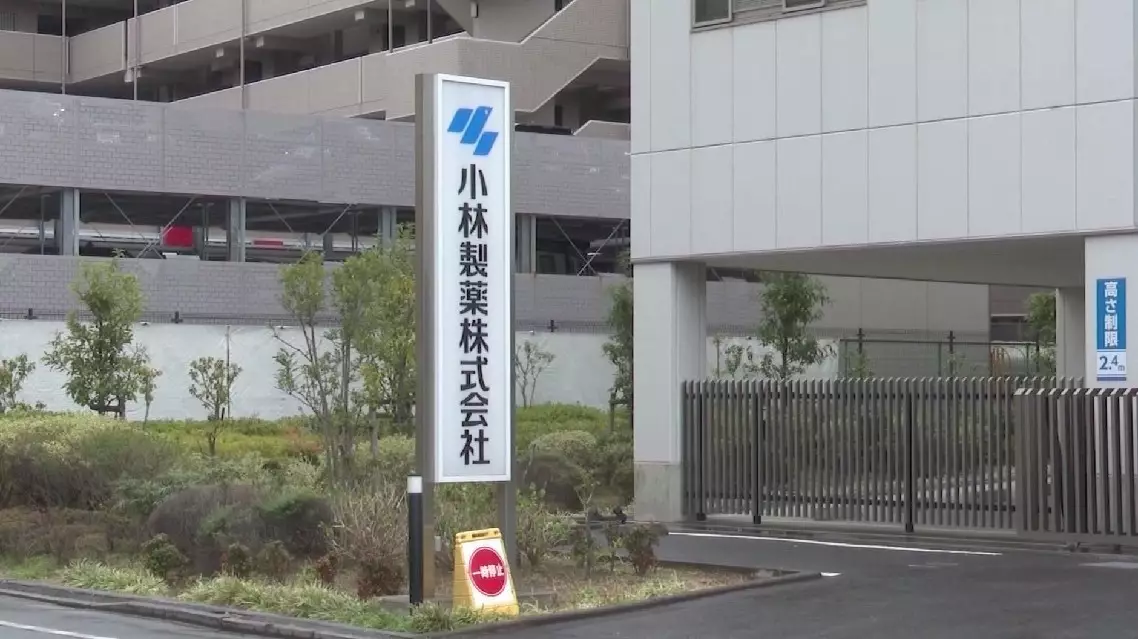
Japan should strengthen regulation of self-proclaimed health foods: medical professional


